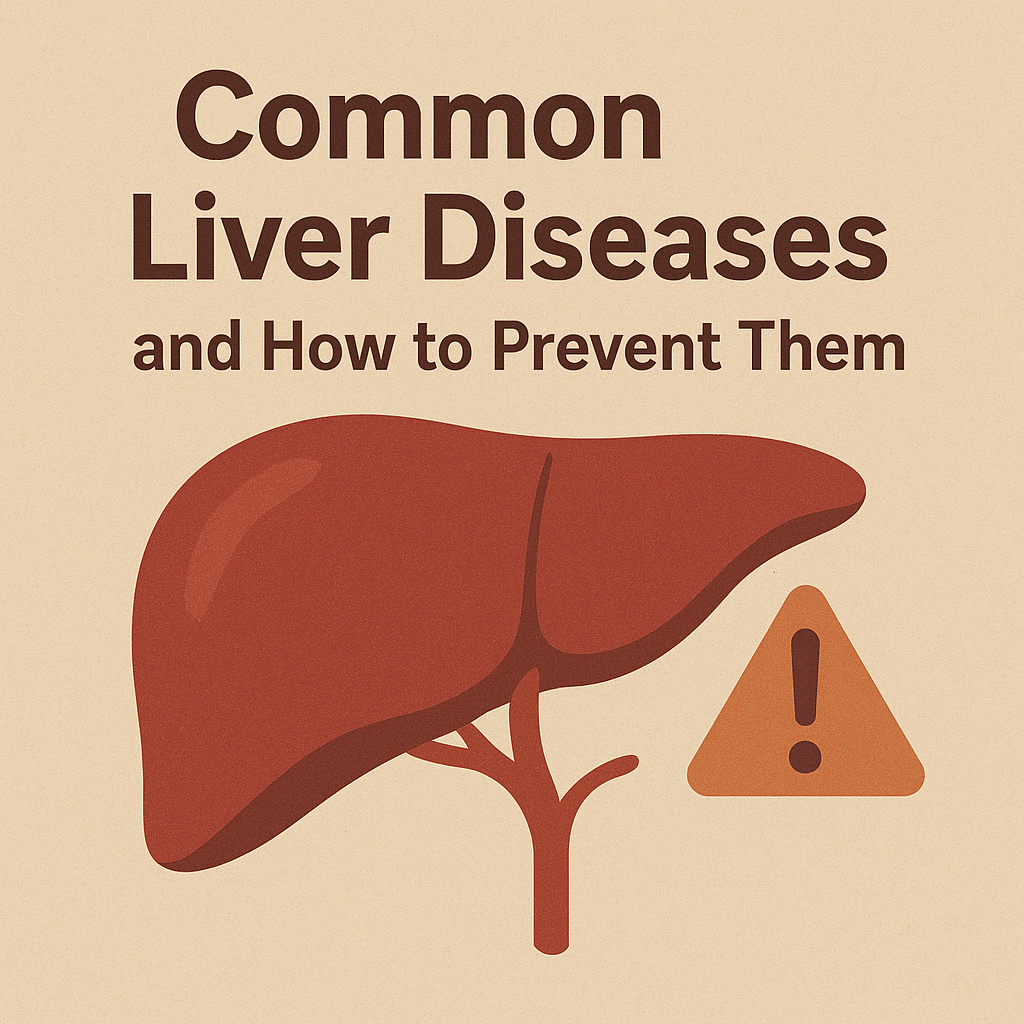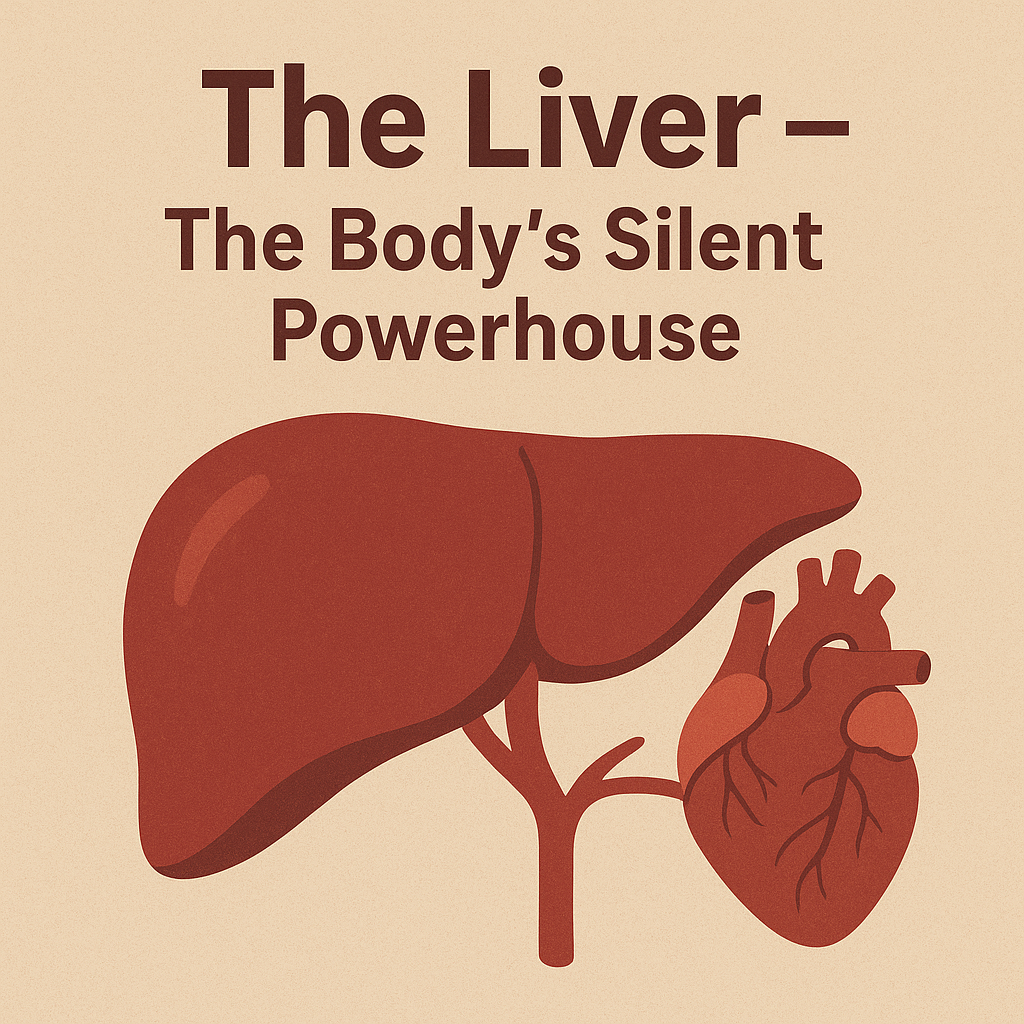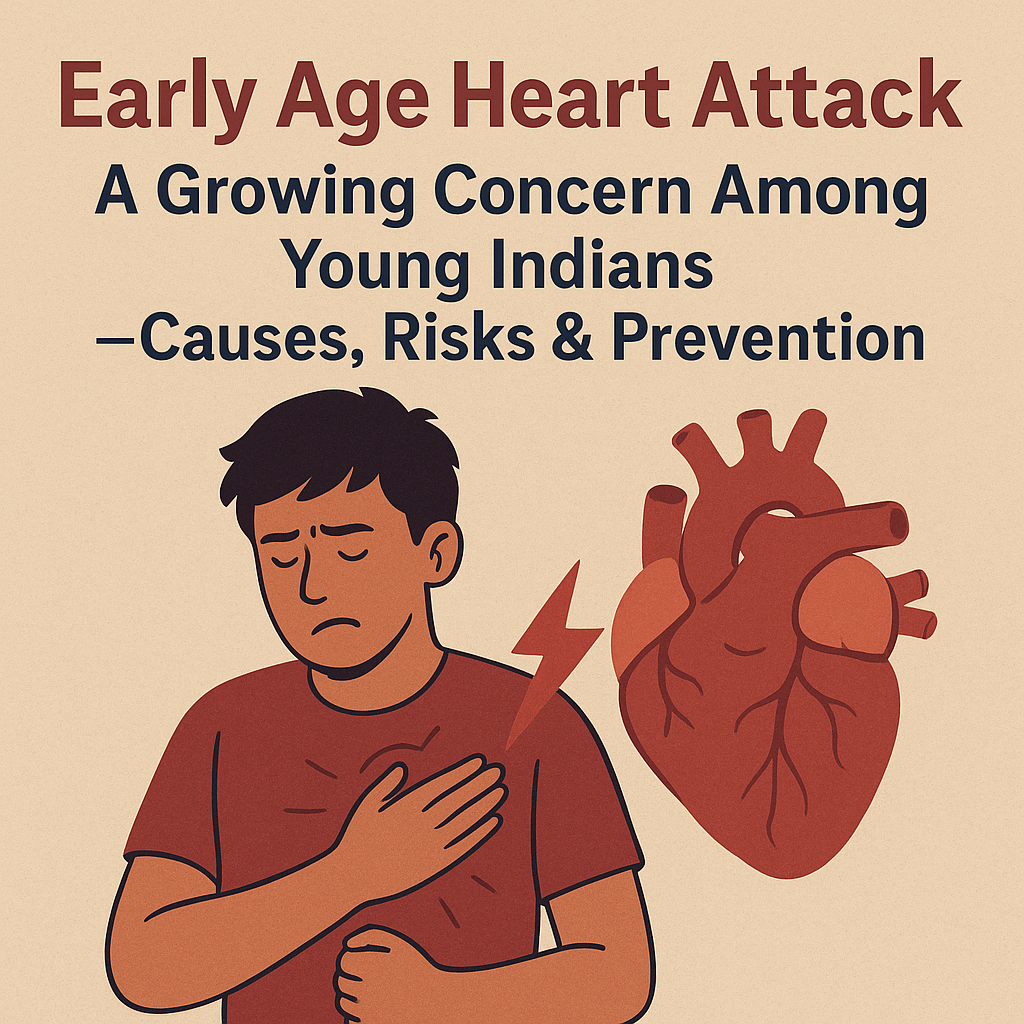- October 31st, 2025
Meningitis: Symptoms, Causes, and Treatment You Need to Know
Meningitis is a serious medical condition characterized by inflammation of the protective membranes (meninges) surrounding the brain and spinal cord. ...
Read More
Meningitis is a serious medical condition characterized by inflammation of the protective membranes (meninges) surrounding the brain and spinal cord. ...
Read More
Gastroesophageal Reflux Disease (GERD), commonly known as acid reflux, is a digestive disorder that affects millions of people worldwide. If you often...
Read More
The liver may be one of the strongest organs in the human body, but it is not invincible. Modern lifestyles, unhealthy diets, and lack of awareness ha...
Read More
Early age heart attack is becoming a rising concern in India. Learn about causes, warning signs, risks, and preventive measures to protect young heart...
Read More
The liver is one of the most vital organs in the human body, yet it often doesn’t get the attention it deserves. Sitting just below the rib cage on ...
Read More© Siddhanta Hospital is Designed by SSDIGIMARK